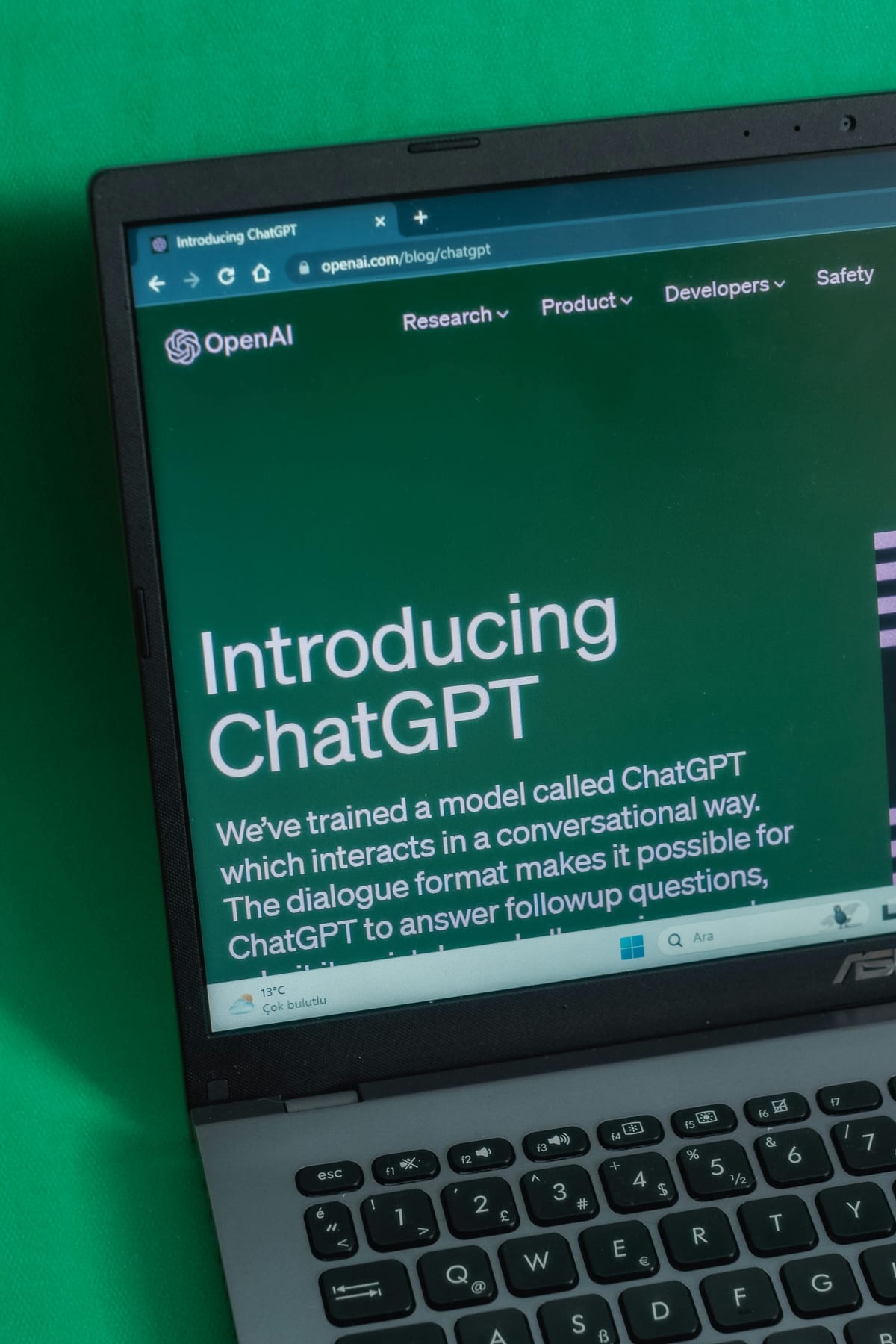OpenAI's Nuclear Option: Inside the Brewing Antitrust Battle with Microsoft
The artificial intelligence industry's most powerful partnership may be heading for an explosive confrontation. OpenAI, the creator of ChatGPT, is reportedly considering filing an antitrust complaint against Microsoft, its largest investor and closest partner—a move insiders are calling the "nuclear option" that could reshape the entire AI landscape.
The Partnership Under Strain
What began as a transformative $13 billion investment by Microsoft into OpenAI has evolved into a complex web of dependencies and tensions. Microsoft gained exclusive access to OpenAI's groundbreaking GPT models, integrating them into everything from Bing to Office 365. In return, OpenAI secured the massive computing power needed to train its increasingly sophisticated AI systems.
But cracks in this seemingly symbiotic relationship have begun to show. Sources familiar with the matter suggest OpenAI's leadership has grown increasingly concerned about Microsoft's expanding control over its technology and strategic direction. The software giant's aggressive integration of OpenAI's models into its product ecosystem has reportedly created friction over issues ranging from revenue sharing to technological autonomy.
The Antitrust Angle
OpenAI's potential antitrust complaint would likely center on several key allegations:
Market Dominance Concerns: Microsoft's deep integration of OpenAI technology across its vast product portfolio could be framed as anti-competitive behavior, potentially limiting other AI companies' access to critical markets.
Exclusive Dealing Arrangements: The exclusivity clauses in Microsoft's investment agreement might face scrutiny for potentially foreclosing competition in the rapidly growing AI services market.
Bundling Practices: Microsoft's strategy of bundling AI capabilities with existing products like Windows and Office could be challenged as leveraging monopoly power in one market to dominate another.
Legal experts note that such a complaint would be unprecedented in the AI industry. "This would be like watching a startup take on its own fairy godmother," says Sarah Chen, an antitrust attorney specializing in technology cases. "The irony is that OpenAI's success is largely built on Microsoft's infrastructure and investment."
Industry Implications
The potential fallout from an antitrust battle between OpenAI and Microsoft would reverberate throughout the technology sector:
For Competitors
Companies like Google, Amazon, and Meta could benefit from any restrictions placed on the Microsoft-OpenAI partnership. A more fragmented AI landscape might level the playing field for alternative AI models and platforms.
For Innovation
While competition typically drives innovation, the dissolution of this partnership could slow AI development in the short term. OpenAI would need to find alternative sources for the massive computational resources currently provided by Microsoft's Azure cloud platform.
For Regulation
An antitrust complaint could accelerate governmental scrutiny of AI industry partnerships. Regulators in the US and EU are already examining the competitive implications of Big Tech's investments in AI startups.
The Strategic Calculus
OpenAI's consideration of the "nuclear option" reflects deeper strategic tensions. The company, originally founded as a non-profit with the mission of ensuring AI benefits all humanity, has struggled to balance its idealistic goals with commercial realities.
Recent reports suggest OpenAI is exploring ways to restructure its relationship with Microsoft, potentially seeking more favorable terms or greater independence. The antitrust threat may be as much a negotiating tactic as a genuine legal strategy.
Industry insiders speculate that OpenAI's recent $6.6 billion funding round, which valued the company at $157 billion, has emboldened its leadership to seek greater autonomy. With additional investors now at the table, OpenAI may feel less dependent on Microsoft's continued support.
Looking Ahead
Whether OpenAI ultimately files an antitrust complaint remains uncertain. Both companies have strong incentives to maintain their partnership, despite the tensions. Microsoft benefits from exclusive access to cutting-edge AI technology, while OpenAI relies on Microsoft's infrastructure and distribution channels.
The situation underscores the complex dynamics emerging in the AI industry, where partnerships between established tech giants and innovative startups create both opportunities and conflicts. As AI becomes increasingly central to the digital economy, these relationships will face growing scrutiny from regulators, competitors, and the public.
The coming months will likely determine whether this partnership can evolve to address both parties' concerns or whether the AI industry will witness its first major antitrust battle. Either outcome will significantly shape the future of artificial intelligence development and deployment.
